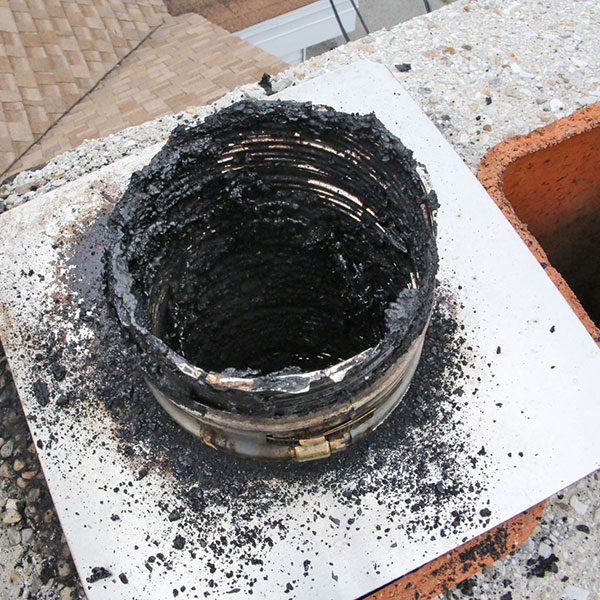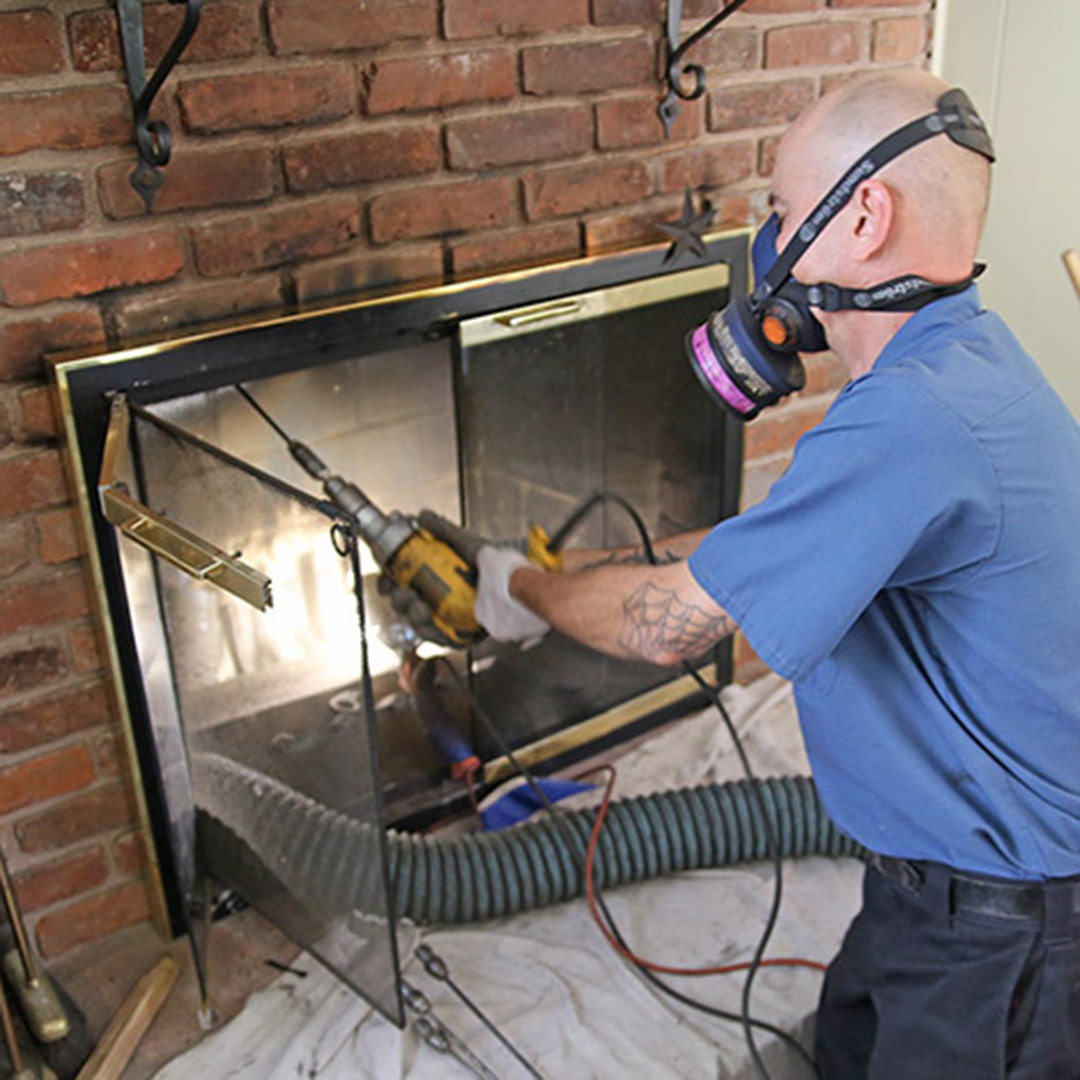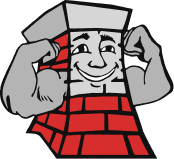How to Protect Yourself From the Danger of Creosote Buildup
The warmth and atmosphere from a roaring, crackling fireplace are tough to beat. However, while you’re enjoying the coziness, there’s a hidden danger you may not be aware of — creosote. In this post, we look at creosote, the risks, and how to protect your home and family.
 What is Creosote?
What is Creosote?
Creosote is a natural byproduct of burning wood, particularly from incomplete combustion. It forms when volatile gases, water vapor, and other particles in the wood’s smoke combine and cool as they rise through the chimney. These particles condense along the chimney’s walls, eventually building into a sticky, highly flammable substance called creosote.
Creosote develops in three distinct stages, each with varying danger levels.
Stage One
Creosote’s first stage is loose and sooty or powdery. This form is easy to remove and poses little risk.
Stage Two
As it accumulates, the creosote becomes denser and becomes a flaky texture. It’s more difficult to remove at this stage and presents a moderate fire hazard.
Stage Three
Stage three creosote is the most dangerous. In this stage, it hardens into a thick, tar-like substance that requires a professional to remove. It’s highly flammable and can gradually obstruct airflow as it thickens.
Why Creosote is Dangerous for Your Chimney
Fire Hazard
The number one risk from creosote buildup is a chimney fire. The Chimney Safety Institute of America says that chimney obstructions are the chief causes of chimney fires, and creosote buildup is a significant factor. Moreover, many chimney fires go unnoticed initially, but the constant high temperatures will eventually cause an ignition that could spread to your house.
Reduced Efficiency
If allowed to grow, creosote will thicken to where it restricts airflow through the chimney, much like cholesterol restricting blood flow in an artery. Poor airflow reduces your fire’s efficiency, causing you to burn more fuel or resort to using your furnace more, which can increase your heating costs.
Health Risks
Besides fire, creosote can release harmful chemicals and pollutants into the home that, if breathed in, can irritate your lungs, and cause other health issues.
Chimney Damage
Finally, creosote is highly corrosive. Over time, the chemicals can damage the flue liner or the chimney’s masonry materials, resulting in costly repairs or rebuilds.
Minimizing Creosote’s Risks
The good news is that it’s easy to minimize these risks and have confidence that your fireplace is safe to use year after year. Here are the steps you can take.
Schedule Regular Inspections and Cleanings
The most important thing you can do to battle creosote buildup and keep your family safe is to schedule annual cleaning and inspections by a certified chimney professional. These experts have the proper tools to thoroughly remove creosote in all its forms and check for evidence of prior fires that could lead to disaster down the road.
Burn the Right Firewood
When it comes to their fireplaces, many homeowners think any wood will do, but nothing could be further from the truth.
For safety and efficiency, experts recommend burning dry, seasoned firewood. Dry wood produces more heat with less smoke. Green wood contains a high moisture content, which produces more smoke, leading to faster creosote buildup.
Furthermore, stick to hardwoods like ash, oak, maple, and cherry, and avoid softwoods like pine and cedar.

Ensure Good Airflow
Open the damper fully when using your fireplace to create a strong draft and good airflow. Good airflow and ventilation aid combustion, resulting in less smoke and creosote buildup.
Call Northeastern Chimney LLC
There’s no better time to schedule a chimney cleaning and inspection than now, and Northeastern Chimney is the company you can trust. We’ve proudly served customers throughout Farmington, Newington, Avon, West Hartford, Simsbury, Bloomfield, and Central Connecticut since 1984.
Our technicians are certified by the Chimney Safety Institute of America, and we’re proud members of the National Chimney Sweep Guild, so you can trust us to do the job right the first time.
Schedule an appointment today at 860–233–6770.


